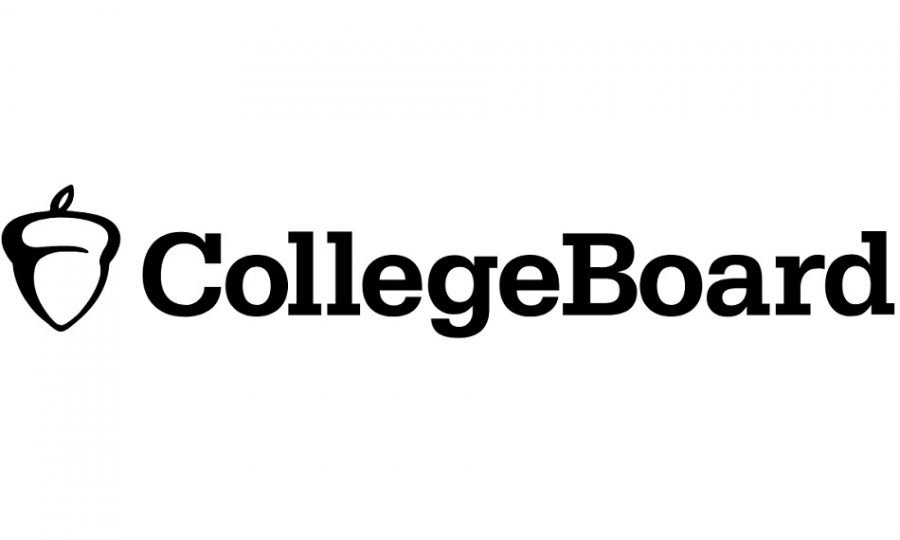College Board Continues to Overcharge for Services, Needs to Change Approach
Image courtesy Wikimedia Commons
The College Board creates many tests including the SAT, PSAT, AP and Accuplacer tests, and is also responsible for the delivery of those test scores to colleges.
February 25, 2019
The financial burden of the College Board’s services has a profound impact on students, particularly those from low-income families, as the prices they charge students for their services are widely considered to be excessive. College Board should lower the cost of their educational services to alleviate the already-heavy financial cost that applying to college has on students.
College Board creates and administers a variety of immensely important tests and services, including the SAT, PSAT, AP and Accuplacer tests, and is also responsible for the delivery of those test scores to colleges. Taking the SAT is a requirement for the vast majority of colleges and universities in order to be accepted, but many find the costs associated with the test to be excessive.
For the SAT alone, the registration fee is $47.50 for the SAT without Essay and $64.50 for SAT with Essay. Additional fees include a $15 phone registration fee, $29 change fee or late registration fee and a $51 waitlist fee, if one registers and is admitted to the test center on test day. These fees can add up quickly, especially if a student’s circumstances on test day change and they need to either switch their test date or register by phone.
After taking the test, students must arrange for their scores to be delivered to the college as part of their application process. For regular shipping, sending one SAT score will cost $12. If a student wishes to expedite their deliveries in the case a college requires score reports immediately, it will cost $31. Though College Board offers four free score sends if students choose to send them within nine days of their testing date, many students apply to many more than four colleges, forcing them to spend more money on the seemingly innocuous task of simply sending test scores to their colleges. Additional costs are associated with the PSAT, AP and Accuplacer tests, garnering much criticism from students and their families about the costs of simply taking a college entrance exam and having those scores delivered.
In an October 2009 interview in the New York Times, former College Board President Gaston Caperton answered questions from readers about the costs affiliated with College Board tests and services. In the interview, Caperton maintained that the money that the organization makes “is invested back into [its] products and services.”
The truth, however, is that much of College Board’s revenue, which Caperton claims goes towards investing in the company’s educational products and services, actually contributes towards compensating high-ranking employees’ unnecessarily large amounts of money. In 2013, the current president of College Board, David Coleman, made a total of $734,192 from the organization, according to a 2015 Washington Post article. In addition, the organization’s 23 executives each make $355,271 a year.
Though much of College Board’s revenue does go towards developing their products such as creating their standardized tests, it would be in the students’ best interest to lower the prices of their services by using the money that goes toward paying off high-ranking employees and other less significant expenses. After all, College Board’s “not-for-profit” nature should keep top executives from making extraordinarily large amounts of money from the organization.
Furthermore, College Board has a virtual monopoly over standardized testing. Monopolies can be harmful to society because they drive up costs, as they are the only company offering a particular service to consumers. College Board essentially does that, as they hold a complete monopoly over the PSAT and AP programs, and only have competition with the SAT from the ACT organization. As a result of their dominance, it is typical for monopolies to raise prices on their services to an unjustifiable or otherwise unnecessary level. This ends up hurting consumers — in College Board’s case, high school students, especially those from low-income families.
College Board is, without a doubt, an essential organization dedicated to helping students achieve their goals of going to college. However, along with their reputation for success are valid concerns that they price out many students because of the high costs of their services. If College Board decreases their prices, more students would benefit as they apply for college which is already too expensive for many.




